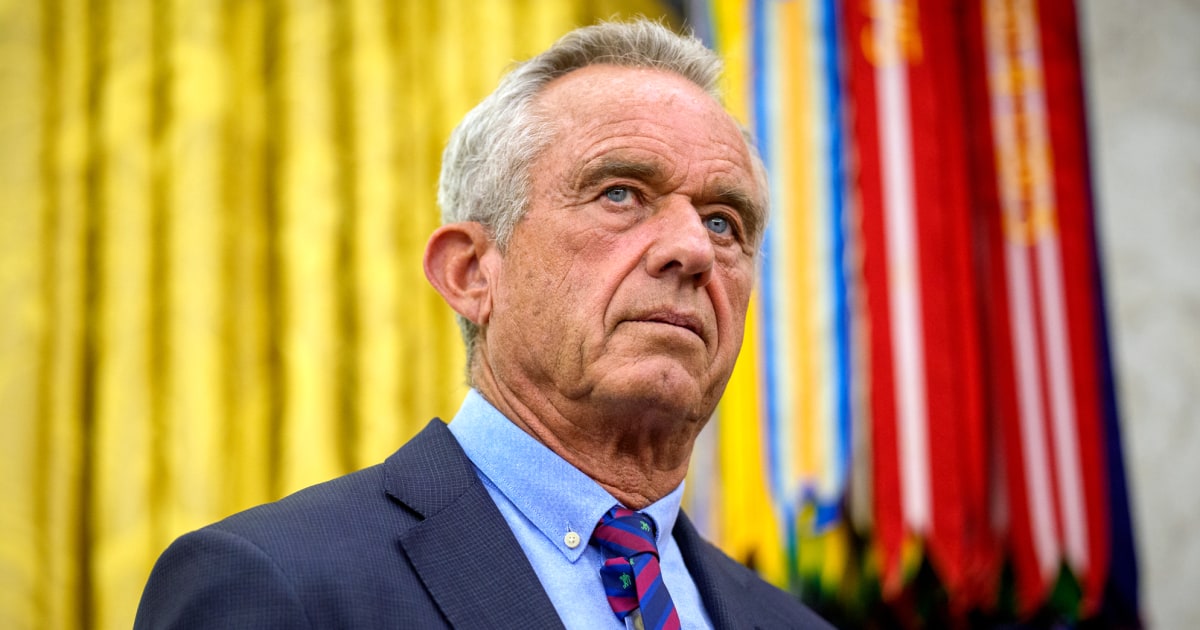
A day after nine former directors of the Centers for Disease Control and Prevention wrote that Health Secretary Robert F. Kennedy Jr.’s actions at the agency are “unlike anything our country has ever experienced,” he pushed back in a Wall Street Journal editorial.
The CDC “was once the world’s most trusted guardian of public health,” Kennedy wrote Tuesday. “Its mission — protecting Americans from infectious disease — was clear and noble. But over the decades, bureaucratic inertia, politicized science and mission creep have corroded that purpose and squandered public trust.”
He argues the agency should return to its original focus on infectious diseases, shifting away from efforts to improve public health by moving programs focused on chronic disease like diabetes or heart disease away from the CDC.
He described the nation’s response to the pandemic as a “failure,” saying public health officials prioritized “cloth masks on toddlers, arbitrary 6-foot distancing, boosters for healthy children, prolonged school closings, economy-crushing lockdowns, and the suppression of low-cost therapeutics in favor of experimental and ineffective drugs.”
“The CDC must restore public trust — and that restoration has begun,” he wrote.
Kennedy’s editorial follows a chaotic past few weeks at the agency, beginning with a shooting at the agency’s Atlanta headquarters last month and the dismissal of CDC Director Susan Monarez. Monarez, who was nominated by President Donald Trump, served in the role for only about a month.
Her firing led several senior CDC officials to resign in protest and sparked a back-and-forth between Monarez’s attorneys and the White House. It also fueled a staff protest outside the agency’s headquarters in Atlanta last week and a scathing editorial in The New York Times from nine former directors Monday, who called Kennedy “dangerous.”
In his editorial Tuesday, Kennedy didn’t address questions surrounding Monarez’s firing or his recent actions on vaccines. Instead, he blamed the Biden administration for missteps during the pandemic and criticized how the CDC’s scope has expanded over the years.
The CDC was founded in 1946 with a focus on preventing malaria from spreading across the country. Over time, its work expanded to include other infectious diseases — like polio, smallpox and HIV — as well as public health issues like chronic disease, lead poisoning, bioterrorism, injury prevention and global health.
Kennedy argued in his op-ed that the agency’s expanding role led to “irrational policy” during the pandemic.
“The path forward is clear: Restore the CDC’s focus on infectious disease, invest in innovation, and rebuild trust through integrity and transparency,” he wrote.
Lawrence Gostin, director of the O’Neill Institute for National and Global Health Law at Georgetown University, said in an email that virtually all public health agencies in state health departments and in other countries have scopes beyond infectious diseases.
“The nation would lose valuable scientific knowledge and information if CDC were forced to significantly reduce its work in chronic diseases,” Gostin wrote. “Overall, the Secretary is rapidly transforming CDC from a public health and scientific agency to one that is firmly controlled politically.”
Kennedy’s op-ed “misstates” the CDC’s role during the pandemic, Gostin wrote. “CDC has no power to order economic lockdowns or school closures,” and at no time during the pandemic did it try to.
“Those were purely state decisions,” he wrote.
Dorit Reiss, a vaccine policy expert at the University of California Law San Francisco, called Kennedy’s op-ed “misleading” and “hypocritical,” given his own action since he took office.
Kennedy is leveraging public frustration with the pandemic to justify broader changes that could weaken the agency, Reiss said.
His editorial calls for the agency to protect the public from infectious disease threats, apply “gold standard science” and support communities — but several CDC centers are already devoted to these initiatives, she said. Kennedy repeated his call for the agency’s chronic disease programs to be moved over to a new entity called the “Administration for a Healthy America.” (The health secretary can’t create that agency on his own and would need help from Congress, Reiss added.)
Gostin criticized Kennedy’s “ironic and circular” reasoning in the op-ed, saying he first blames the “CDC for the rise in chronic conditions while at the same time saying that the agency has no business focusing on chronic diseases.”
Reiss said: “Mr. Kennedy is gutting the CDC’s ability to respond to infectious diseases, working to undermine trust in it, and not doing anything to improve trust.”
Over the summer, Kennedy fired all the members of an influential panel for childhood vaccinations and replaced them with his own members, some of whom are anti-vaccine activists.
Last month, he also announced that the Food and Drug Administration had narrowed its approval for this fall’s Covid shots, limiting it to people 65 and up and those with underlying medical conditions.
A spokesperson for the Department of Health and Human Services didn’t respond to a request for comment.
Kennedy is scheduled to testify before the Senate Finance Committee on Thursday, when he is expected to face questions surrounding the CDC and his recent actions on Covid shots.
The nine former directors and acting CDC directors who signed the New York Times editorial are: Drs. William Foege, William Roper, David Satcher, Jeffrey Koplan, Richard Besser, Tom Frieden, Anne Schuchat, Rochelle P. Walensky and Mandy K. Cohen.
They accused Kennedy of focusing “on unproven ‘treatments’ while downplaying vaccines.”
Kennedy, they added, “canceled investments in promising medical research that will leave us ill prepared for future health emergencies.”
Last week, Sen. Bill Cassidy, R-La., who was a key vote in Kennedy’s confirmation, called for the CDC to postpone its Advisory Committee on Immunization Practices meeting this month amid the CDC shake-up and criticisms of Kennedy.

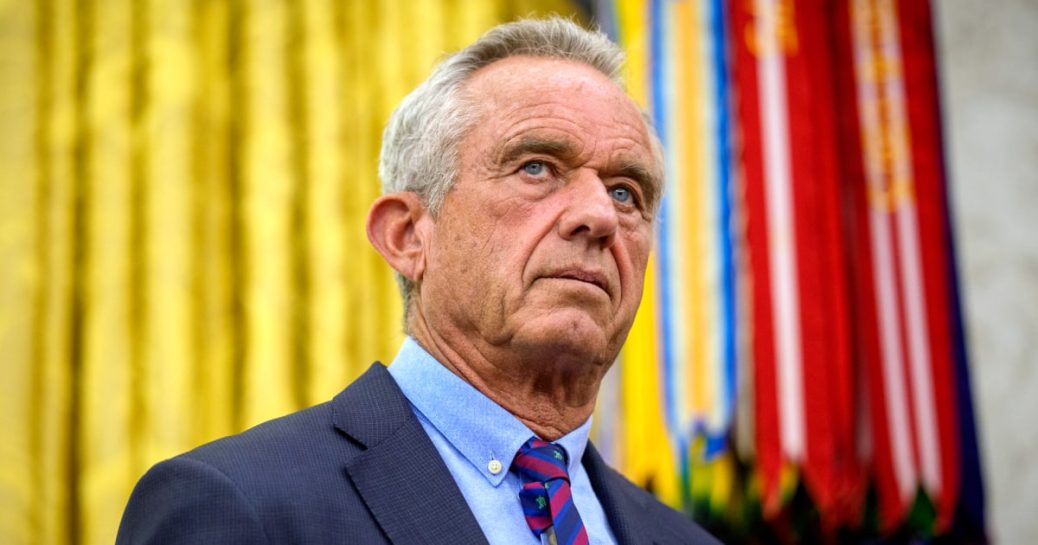

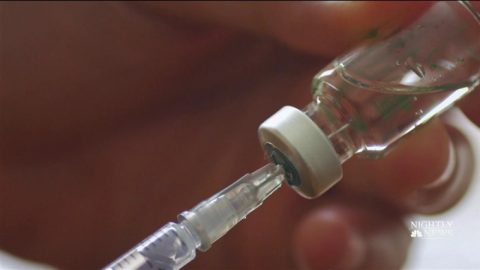
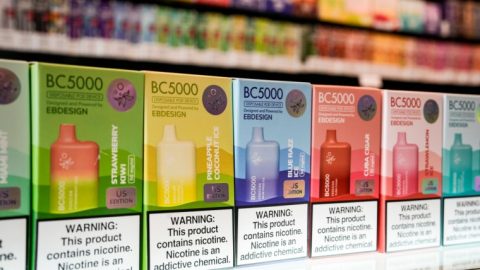
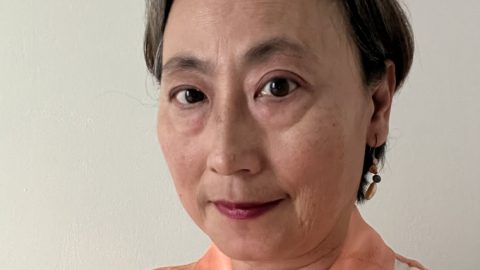




Recent Comments